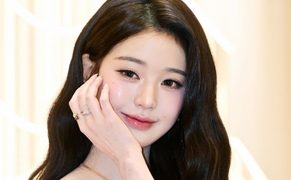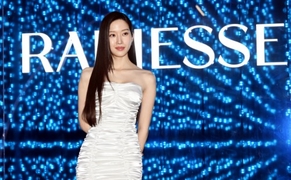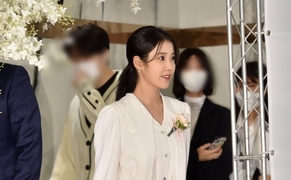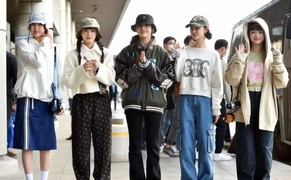From the premiere of the opera 'the Triumph of Honor' to the Baroque opera concert, the power of an opera company with 80 years of tradition
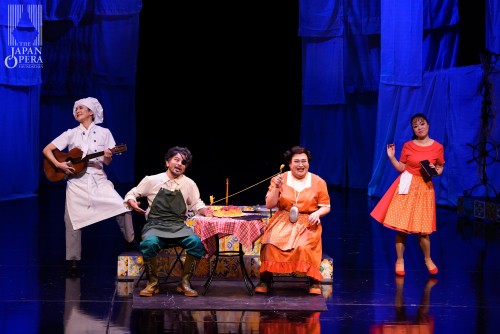 |
| The opera 'the Triumph of Honor'/ Provided by The Japan Opera Foundation |
Yoshie Fujiwara was a Japanese tenor who played an active part in the early 20th century. Born in 1898 between a Japanese mother and a Scottish father, he worked as a famous tenor in Japan, and in 1934 he founded the Fujiwara Opera, Japan's first opera troupe. Since then, Fujiwara Opera has grown into a top-class opera company, and it is known that Korea's first full-length opera ‘Carmen’ was also performed by Fujiwara Opera with Harbin Symphony Orchestra at Seoul Bumin Hall in 1940.
After its merger with the Japan Opera Association, Fujiwara Opera is actively performing as Japan's representative private opera troupe along with Tokyo Nikikai as a member of the Japan Opera Foundation. It was developed in close connection with Showa University of Music, founded in 1930 by Keisuke Shimoyakawa, the second artistic director of Fujiwara Opera, following Yoshie Fujiwara.
Belcanto Opera Festival in Japan 2019, held by the Fujiwara Opera Company for the second time, was based on the cooperation with Italy's Festival della Valle d'Itria in Martina Franca. The Festival della Valle d'Itria is an opera festival held every summer in the small town of Martina Franca in southern Italy, mainly performing operas and rare works that are not often performed today. It has been running for 45 years since 1975.
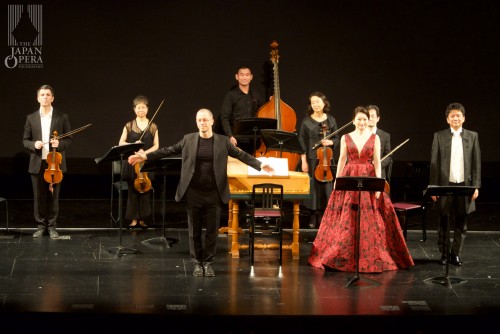 |
| The Baroque opera concert/ Provided by The Japan Opera Foundation |
The festival featured the Japan premiere of ‘Il trionfo dell'onore’, composed by Alessandro Scarlatti which was performed at last year's Festival della Valle d'Itria. A symposium on the theme of the Baroque Opera and the Neapolitan School, and the Baroque Opera Concert, which sang Baroque Opera Repertoire, were also held.
In many cases, festivals only show performances such as operas and concerts one after another. At this time the festival of the Fujiwara Opera Company , the Belcanto Opera concert was also held, where students from Showa University of Music participated. It was impressive that the various aspects were taken into consideration with regard to professionalism and education.
At the Baroque opera concert, held on the 16th at Showa University of Music 's TEATRO del GIGLIO, famous Baroque opera arias were performed by soprano Akie Mitsuoka and countertenor Daichi Fujiki, accompanied by conductor Antonio Greco’s cembalo and the BOF Baroque Ensemble.
Daichi Fujiki is a delicate countertenor who is currently on the stage of world-class opera theaters such as Wien Staatsoper. On this day, he received a lot of applause for his fine tone and sophisticated expression that didn't miss even a small part. Akie Mitsuoka, a coloratura soprano, also gave a clear and flexible voice. She performed Korean songs such as ‘Face’ on the Korean stage.
Scarlatti's Baroque opera ‘the Triumph of Honor’, performed on the 17th, was classified as a comedy opera called Opera Buffa, but it was more a black comedy that contained many complex elements than a simple comedy. The opera was published in the late days of Alessandro Scarlatti, a composer who is credited with developing the late Baroque Neapolitan opera. His distinctive features were clearly noticeable, including the Da Capo Aria (a form of the opera aria that was popular in the Baroque period), the musical form of the opera seria such as the choral finale and the elegant melody.
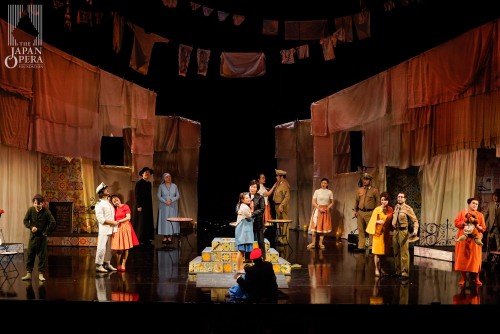 |
| The opera 'the Triumph of Honor'/ Provided by The Japan Opera Foundation |
This Baroque opera brought the era of 1718 down to 1969. In front of the tomb of a Don Juan, Riccardo Albernori, who died in Naples in 1969, a variety of human statues appear in a unique direction that shows how he lived and died. It was a stage where Italian singers and Japanese singers appeared together, but the skills of Japanese singers who were members of Fujiwara Opera were particularly remarkable.
The festival, called ‘the Belcanto Opera Festival in Japan’, may raise questions, why a particular focus was placed on the Baroque Opera. However, considering the fact that the Neapolitan School provided the basis for the Belcanto Opera, it would be appropriate to reconsider the origins of the 18th-century Italian opera. Moreover, it was a valuable experience because the chances of watching the full-length of Baroque operas such as Scarlatti’s opera are rare.
Performing mainly on well-known and popular operas, Japan is no exception. The attempt of the Fujiwara Opera was a tremendous adventure, but the reaction of the audience was serious and enthusiastic. It was a moment of witnessing the power of an opera company with over 80 years of tradition.
Sooyeon Sohn (Opera Critic and Professor at Sangmyung University / yonu44@naver.com)
Supervision : Youngyee Kim
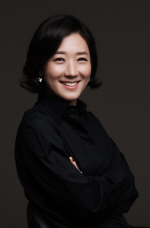 |
#Fujiwara Opera #Belcanto Opera Festival
Copyright by Asiatoday
Most Read
-
1
-
2
-
3
-
4
-
5
-
6
-
7

















